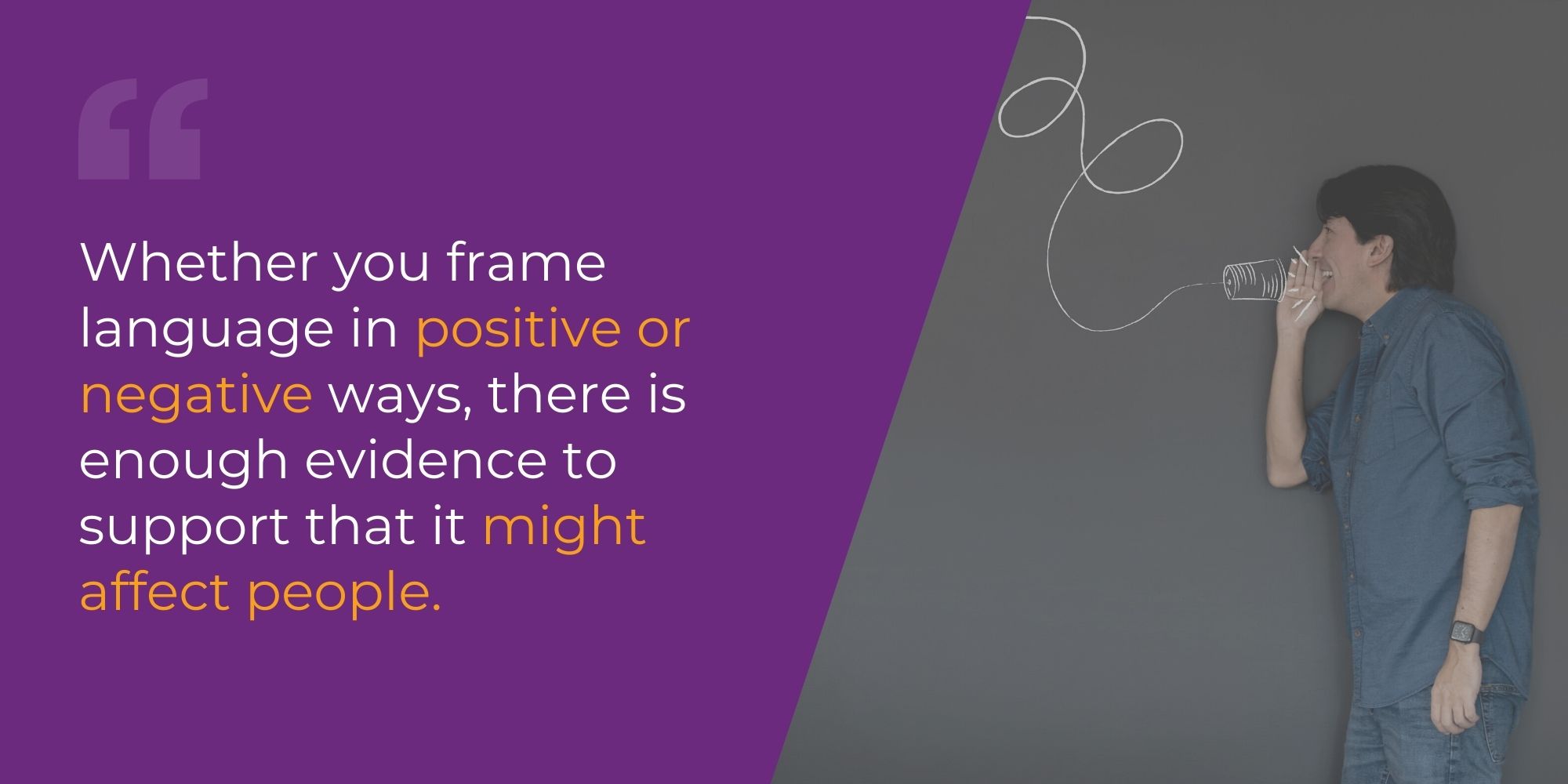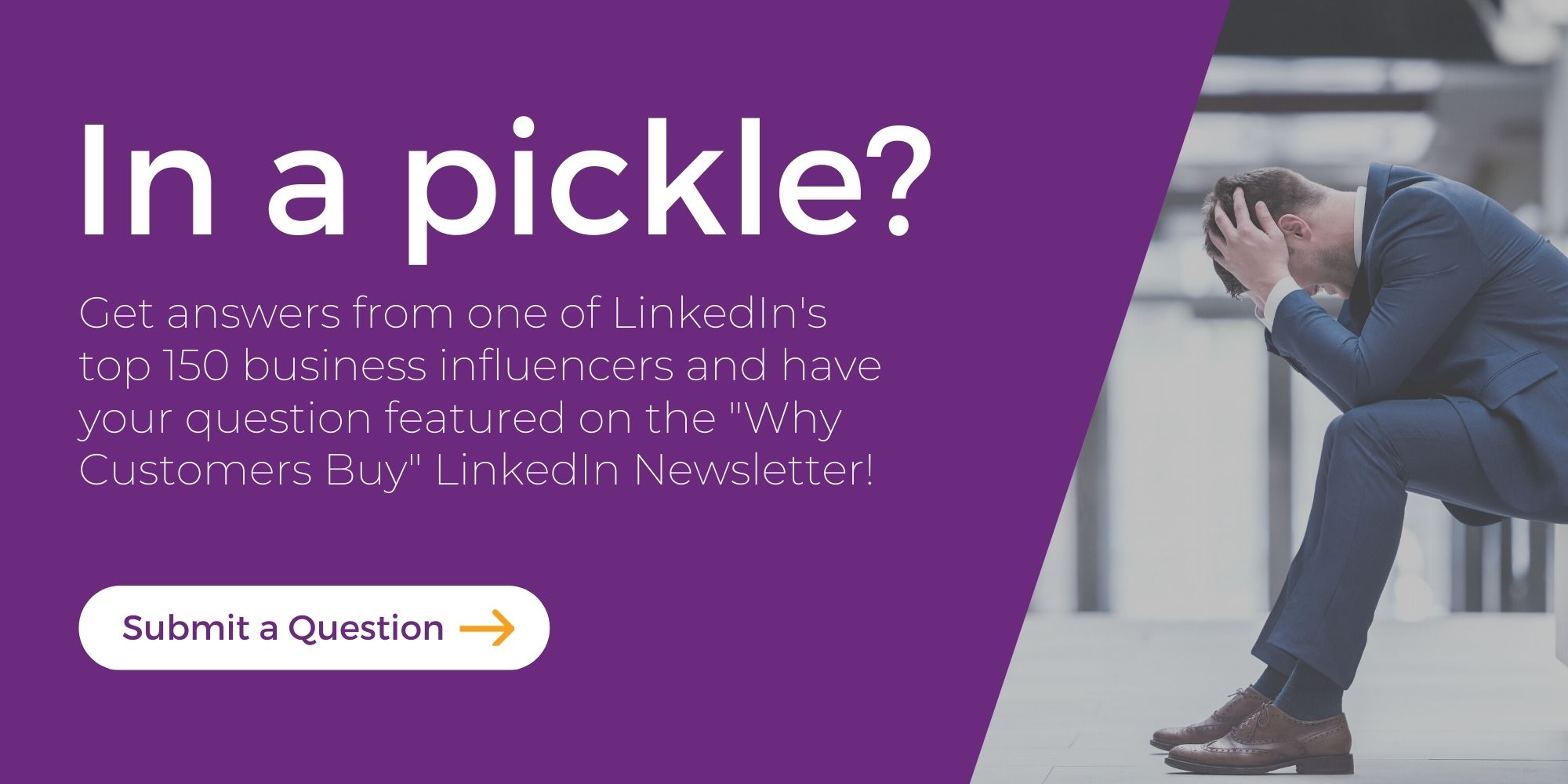Learn more about Colin Shaw: Join over 80,000 people on our LinkedIn Newsletter list or visit our website for more great podcast episodes.
Listen to the podcast:
Let’s begin this week’s issue with a test. I am going to share a British idiom, and you are going to determine what it means. It’s simple enough, yes? We will be on the honor system, so score yourself as you go along.
British Idioms:
- Then, “Bob’s your uncle.”
- I was “Chuffed to bits.”
- I was “having a chinwag.”
- I need to “spend a penny.”
- You there, “on your bike.”
The Meaning:
- It’s as simple as that.
- I am feeling pleased and excited.
- I was talking to someone.
- I need to use the restroom.
- Go away.
How did you do? My podcast partner only got two of five, but that was still pretty good, considering he’s from Ohio.
I wanted to start this week’s issue with this exercise because it denotes the importance of language and the words we use. When I use these phrases with my American friends, they often haven’t the foggiest idea of what I am trying to say. Language is essential to your customer experience, so today, I thought we could examine why.
My focus on language this week started when Shane Smith from Everetics, a customer support and service consulting company, sent in a None of Us Are as Clever as All of Us video on the importance of language. Here’s what Smith had to say:
To reiterate Smith’s message from the video, words matter in ways deeper than what our conscious layer processes them as. Being conscious about using positive rather than negative words is a free and simple way to improve the customer experience.
In my global Customer Experience Consultancy, I have trained countless employees on using the right types of language. Making people aware of how they say things affects the customer’s perception.

Smith refers to phrases that seem harmless in interactions, like “No problem” or “I don’t disagree.” In both cases, the meaning of the phrase is positive; there is not an issue there, or the speaker agrees with the other person. However, the words “problem” and “disagree” introduce a negative word, which subconsciously can make the listener feel defensive. The need to defend oneself is not a positive interaction with a brand, even if it is subconscious.
It’s a bit like framing. How you present information changes how people perceive it. The same goes for how you price things or present options. You can finesse your presentation to have a desired effect on customers’ choices. So, why be willy-nilly about the language used in customer communication?
That said, I am not an advocate of scripts in customer interactions. Scripted responses are noticeable to the point of being awkward at times.
However, we have a way of picking up on default responses based on what other people say. For example, families, communities, or even geographic areas will often use similar language and phrases that they hear from others in the same grouping. If you have ever heard someone in the Boston area use the word “wicked” outside of describing a witch, you know what I mean.
Unfortunately, the behavior of picking up heard phrases does not discriminate between phrases that have positive or negative effects on experiences. So, if people in your organization listen to others using a word that introduces negative connotations to the exchange, they will start using it also.

Feel, Felt, Found
Not surprisingly, Apple had a great way of training the team on language to use with customers. It’s a three-part response to a customer objection that employs the words “Feel, Felt, Found.” The exchange goes like this:
- The customer states their concern to the team member.
- I feel what you are feeling.
- I felt that way, too.
- What I found was that doing XX will help.
For example, a common objection by Apple customers is that the price of a MacBook Pro is too high. The Apple team often said, “I know how you feel about the price. I felt it was high, too, but then I found that the [features and benefits of the MacBook Pro here] made it worthwhile.” What’s so great here is that the Feel-Felt-Found series communicates empathy, and not just global empathy, but personalized empathy.
Training people on phrases to use or ones not to use, as the case may be, will affect customer interactions. However, the greater effect might be how these exercises remind employees to connect with people rather than jump right into processes. These personal connections help employees see things from a customer perspective, which is excellent for improving experiences overall.
Philosophy has debated the merits of negative versus positive language and the difference in its influence on people’s psychology for a long time. There is evidence both for and against both arguments. At this point in the ongoing discussion, the outcome is that whether you frame language in positive or negative ways, there is enough evidence to support that it might affect people.

So, when an employee tells a customer, “That’s not my policy,” or “That could be a problem,” in response to their objections or questions, there is reason to believe that it can send the conversation in one direction or another. In the case of these two phrases, it would change the conversation from a collaborative, let’s-solve-it-together type to an adversarial relationship.
Moreover, the emotional effects of language are key here. When you hear that it’s not the company policy to fix your problem, you might also hear “tough luck” or “sucks to be you.” These phrases do not create positive emotions for customers but instead tip them toward disappointment, frustration, or annoyance. Regarding emotions in an experience, we can all agree that disappointment, frustration, and annoyance are not feelings we want to be associated with experiences.
We want it associated with our competitors’ experience, but ours? Not so much.
I want to thank Shane Smith from Everetics for sending his video about the critical nature of choosing the specific language you use in your experiences. Smith shines a light on one of the many ways you can make a small improvement to your approach that can greatly affect the overall experience. Plus, it’s free, which can fit into any budget line item for your experience program. How many times do we get to say that?
If you have something you want to share with us as part of our None of Us is as Clever as All of Us feature, please click here. We could feature your video on the podcast and the newsletter.

If you have a business problem that you would like some help with, contact me on LinkedIn or submit your pickle here. We would be glad to hear from you and help you with your challenges.
Thanks for reading, we appreciate you! Get access to your free ebook here and why not tell a friend?


